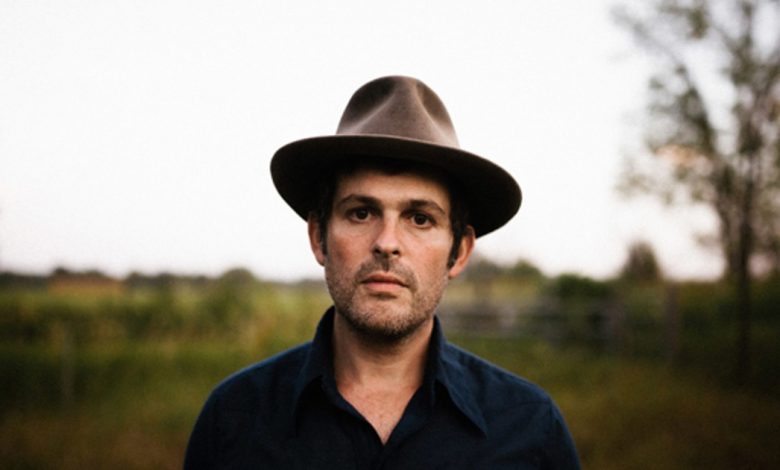Folk Singer Gregory Alan Isakov Brings Appaloosa Bones Tour To Boston

Meg Richards ‘26 / Emertainment Monthly Contributor
A fiddle. A harmonica. A banjo. Wistful harmonies tinged with homesickness for a place you’ve yet to visit.. Churches and trains and Gregory Alan Isakov. This was the scene at the Roadrunner concert venue on October 22nd. The audience donned earthy tones and Panama straw hats for an evening of folk music.
Experiencing the sonder hits of Isakov was transcendental—there is a yearning in his voice that does not translate over Spotify, something you wouldn’t realize until you hear it live.
With a full band playing a myriad of instruments, ranging from traditional to experimental, it’s a fully immersive experience that will only truly resonate face to face. Each instrument got its own time to shine, even if they weren’t featured as much in studio versions of certain songs.
For example, “Big Black Car” featured a percussive downbeat that isn’t emphasized as much in the recorded version. Isolated strumming and fingerpicking on the guitar and banjo felt all the more intimate when it was just Isakov, his instrument, and his voice. “Amsterdam” built up to an a cappella bridge that made the ballad even more bone chilling.
The audience, which took full capacity of the venue, was fully engaged for the duration of the show, even for LA based folk band, The Milk Carton Kids, who opened the show. Audience feedback throughout ended up generating a rapport with all the artists on stage that made the show all the more fun.
Isakov himself was a man of little words, tending to speak more with his song than directly with the audience, whereas his openers were much looser with the audience. However, Isakov earnestly expressed his gratitude throughout the show, which assured the audience felt connected with him.
This was Isakov’s second night in Boston, and the last performance with The Milk Carton Kids, who joined Isakov several times on stage for collaboration.
As concert goers poured out into the streets of Allston late Sunday night, the feeling in the air was one of collectivism and community—ideals instrumental to folk and country music, and at the very root of Isakov’s penmanship.